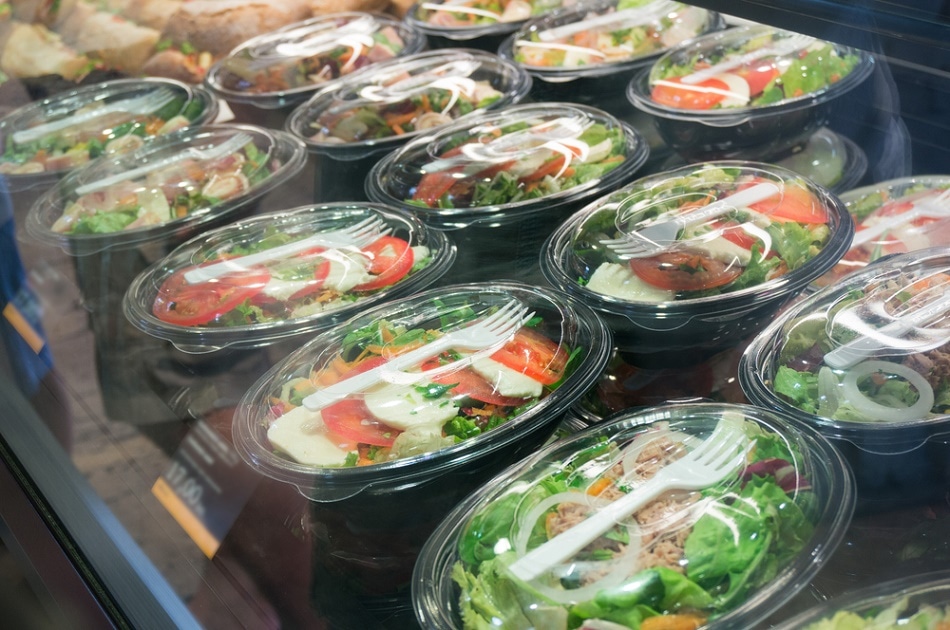Jan 18 2017
 aerogondo2/Shutterstock.com
aerogondo2/Shutterstock.com
The international NanoPack consortium was awarded €7.7 million by the European Union (EU) to develop and exhibit a solution for prolonging the shelf life of food by using unique antimicrobial surfaces.
The three-year project will focus on demonstrating, validating, and examining food-packaging products with antimicrobial surfaces created using natural materials. NanoPack will look at technological, scientific, safety, economic, and regulatory challenges to make certain that consumers will ultimately be able to benefit from this new packaging.
NanoPack, headed by the Technion, Israel Institute of Technology, is funded as part of HORIZON 2020, the EU Framework Programme for Research and Innovation.
NanoPack will demonstrate a solution for extending food shelf life by using novel smart antimicrobial surfaces, applied in active food packaging products. NanoPack will enhance food safety for consumers by significant growth inhibition of food-borne microbes, which in turn will prevent food-borne illness outbreaks and early spoilage.
Dr. Ester Segal
Segal is the coordinator of NanoPack and an associate professor at the Technion. She highlighted that NanoPack would help to decrease the astounding 1.3 billion tons of food wasted annually, which result in huge economic loss and considerable harm to the global natural resources.
“We intend to present better performing, safer and smarter products that will position Europe as the leader in food nanotechnology and smart antimicrobial packaging while increasing competitiveness and growth,” Dr. Segal added.
The active polymer films created by NanoPack display wide-spectrum antimicrobial properties which have never been seen before in currently available state-of-the-art materials, such as nanomaterials e.g., silver particles. Certain nanomaterials have caused health concerns with regards to microbial resistance and toxicity.
With the help of nanotechnology, the project will utilize polymer composites based on natural Halloysite Nanotubes (HNTs) as safe and reliable carriers, capable of customized discharge of bioactive payloads. Due to their size, HNTs are not capable of migrating from the food packaging into food. Increasing safety, HNTs gradually discharge small quantities of volatile, potent, and wide-spectrum, natural and EU-approved vital oils into the packaging headspace.
The NanoPack food packaging will discharge bioactive compounds which are natural potent vital oils that display both anti-fungal and antimicrobial properties.
NanoPack is made up of 18 partner organizations – leading research and industrial institutes – from Israel, Austria, Portugal, Belgium, Norway, Spain, Denmark, Ireland, Germany, France, and the Netherlands.
NanoPack will conduct its opening conference at the facilities of Bio Base Europe (BBEU) in Ghent, Belgium from January 23 to 25, 2017.